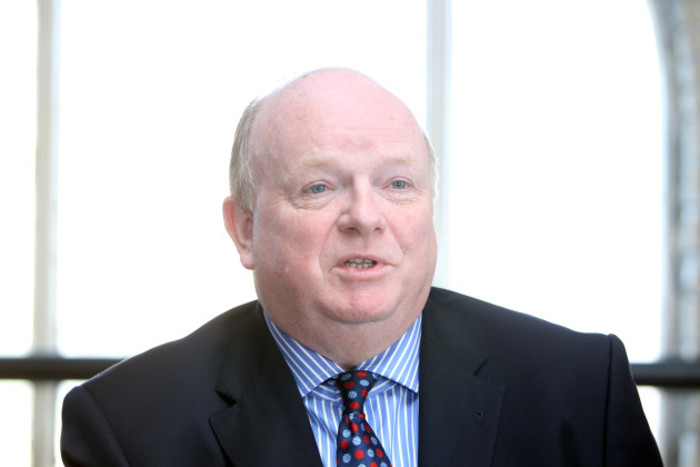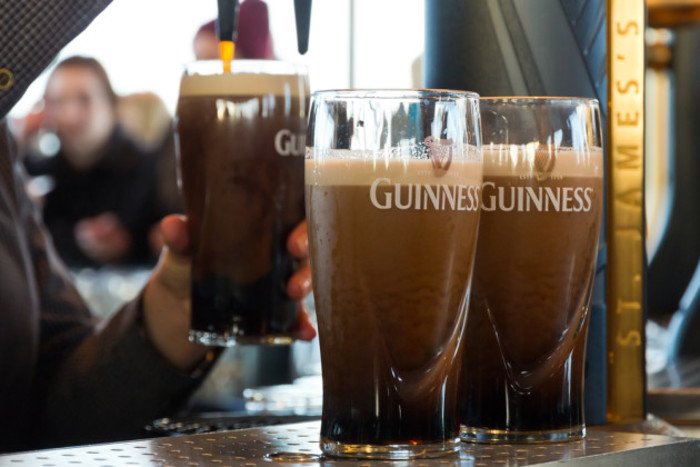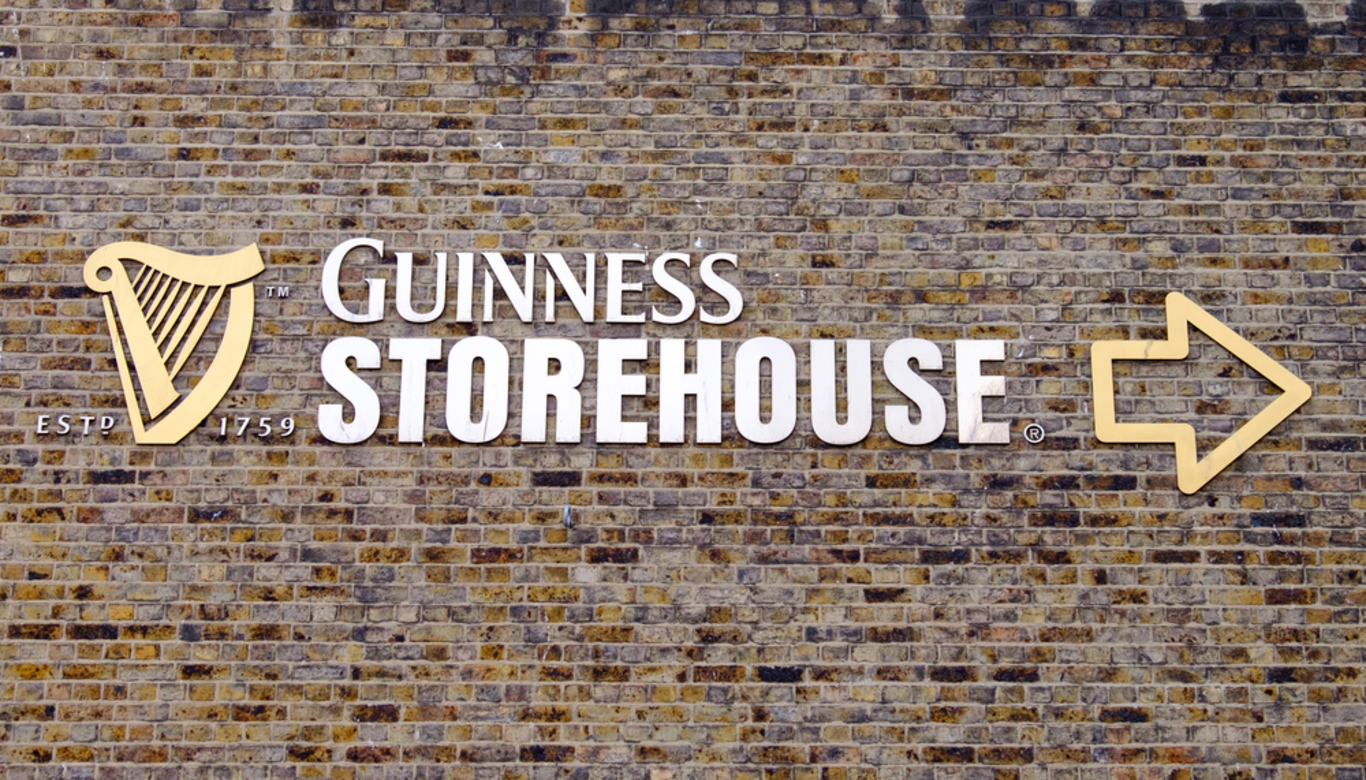Some of Ireland's top attractions claim new alcohol laws could 'seriously damage' tourism
The Guinness Storehouse’s boss has been lobbying government ministers to change the proposals.
PROPOSED NEW ALCOHOL laws could “seriously damage” popular attractions such as the Guinness Storehouse, a group of industry heavy-hitters says.
The Association of Visitor Experiences and Attractions (AVEA) has been lobbying government ministers and TDs with concerns over the effect that advertising rules included in the Public Health (Alcohol) Bill could have on the tourism sector.
In a letter seen by Fora, Paul Carty, the group’s chair, said that new proposals could “seriously damage the tourism industry in Ireland, particularly visitor centres, which are experiencing very significant growth and investment, especially in rural Ireland.”
Carty, who is also managing director of the Guinness Storehouse, said that restrictions on advertising would make it difficult for these centres to communicate with visitors, the majority of whom are international tourists.
 AVEA chairman Paul Carty
AVEA chairman Paul Carty
The Public Health (Alcohol) Bill, which is currently making its way through the Dáil, has four main provisions: introducing a structural separation of alcohol from other products in stores, minimum unit pricing, health warning labels on alcohol products and advertising restrictions.
The Bill is being supported by Taoiseach Leo Varadkar and the Department of Health, and has also been backed by a number of advocates who believe it will help reduce alcohol consumption and related harms in Ireland.
But parts of the Bill have faced fierce opposition from the Irish drinks industry, which has complained about restrictive ad rules and the labelling requirements.
Advertising restrictions
In its letter, sent to Tourism Minister Shane Ross and Health Minister Simon Harris among others, the AVEA said it was worried about the Bill’s restrictions on the content and placement of advertising, particularly outdoor advertising.
“The promotion and advertising of visitor centres is often inseparable from the promotion and advertising of Irish beer and whiskey brands produced there,” the group said.
“That means that any advertisement, either for the Guinness Storehouse or for an Irish whiskey distillery visitor centre that contains the name of the brand, will be severely constrained in the creativity of the advertising and in their ability to advertise outdoor or on key directional signage.”
The letter stated that the AVEA supports the objectives of the Bill but added that some of its proposals “will hurt jobs and investment, particularly in parts of the country working hard to build an attractive tourism experience.”
Tourism sector
The AVEA’s letter, which was also signed by representatives from Teeling Whiskey, Alltech and the Jameson distillery, called for an exemption for visitor centres from what it describes as “severe restrictions”.
It noted that the Guinness Storehouse is one of the most popular visitor attractions in the country, with more than 1.7 million visitors last year, while whiskey distilleries and breweries are growing in popularity generally.

In a statement to Fora, the Department of Health did not comment directly on the AVEA’s claims or its request for an exemption for tourist attractions.
However it reiterated that its primary objectives with the Bill were to reduce alcohol consumption, delay the initiation of alcohol consumption by children and young people, reduce the harms caused by the misuse of alcohol and regulate the supply and price of alcohol.
The Bill is still being debated in the Dáil and it is not yet know if any more amendments will be made before it is brought into law.
Sign up to our newsletter to receive a regular digest of Fora’s top articles delivered to your inbox.






